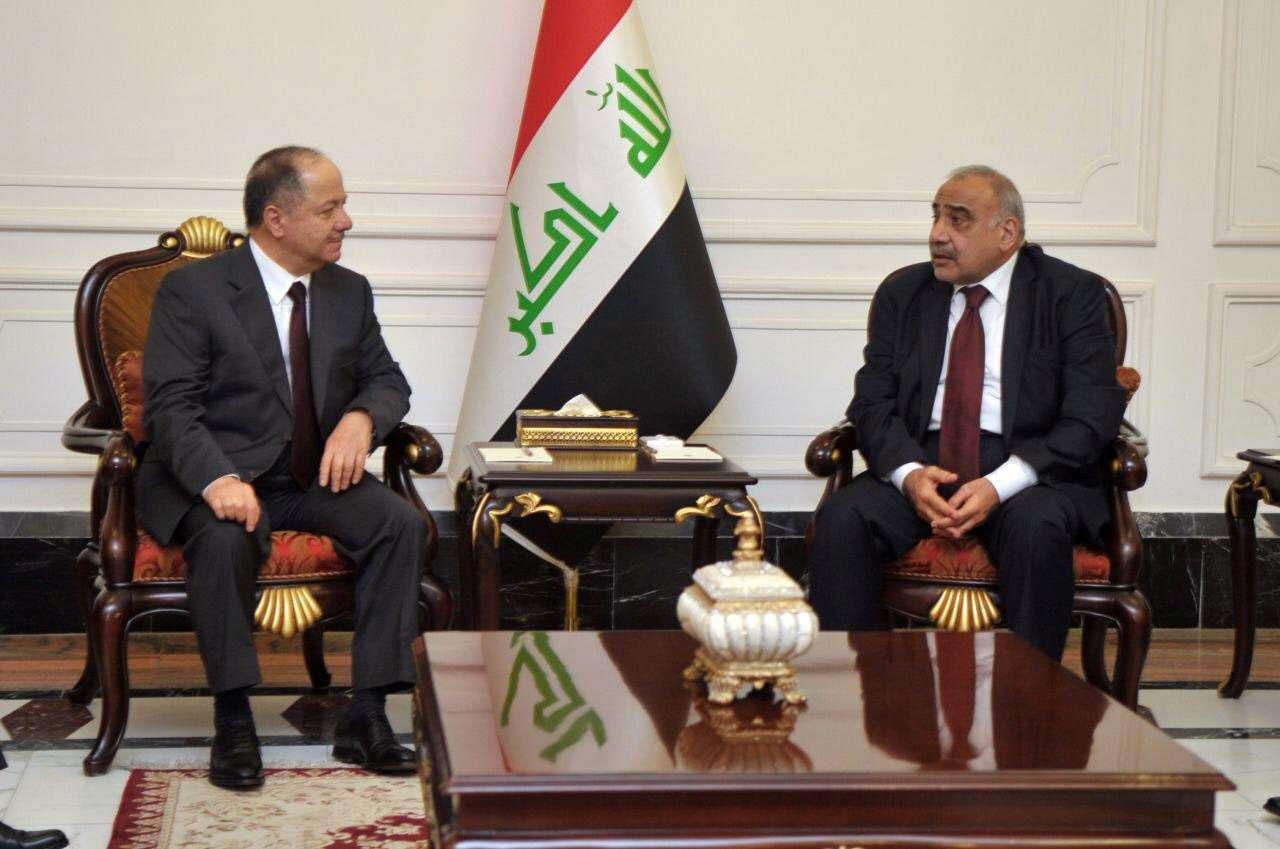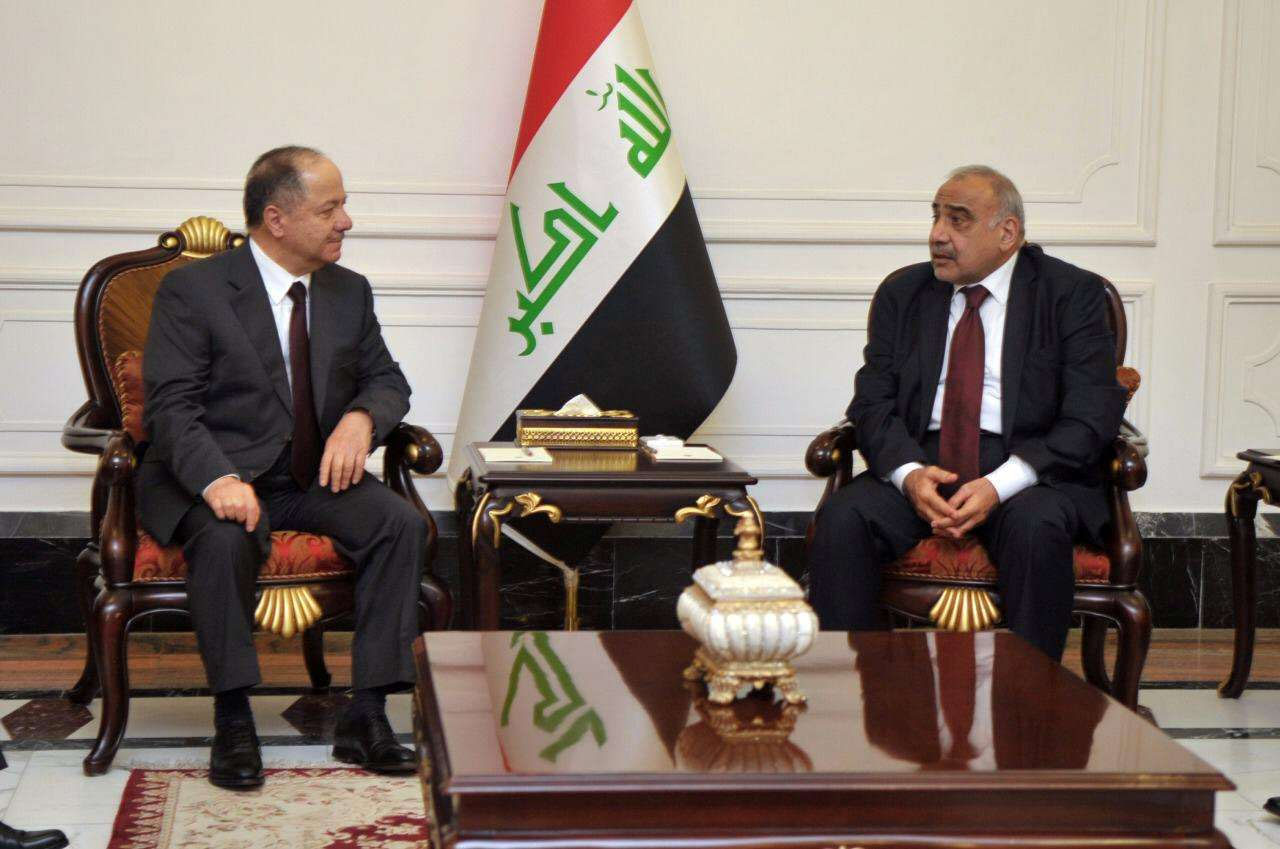The Plight of Completion Adel Abdul Mahdi's Government
On October 24, the new Iraqi prime minister Adel Abdul Mahdi managed to get the parliamentary approval on 14 out of 22 ministries in his cabinet. Since then, political parties have suffered from many tensions because of that problem. Hence, it is expected that Iraq might face a new ordeal as long as essential leaders are yet to decide who will be the ministers of Interior and Defense.
The Fatah alliance, led by Hadi al-Ameri, is trying to force the others to accept its nominee, Faleh al-Fayad for Interior ministry. He is supported by Iran and close to the popular mobilization forces. He also served as the chancellor of national security for 7 years.
Fatah has not reached for a deal with Sairoon, led by Moqtada al-Sadr, about this controversial issue. Therefore, it wants to offer its candidate for the secret parliamentary vote. It believes that it will get the parliamentary majority needed to pass al-Fayad. This means it will not have to depend on Sairoon to reach this objective.
The Fatah is attempting to convince the others to stand with it in tackling this challenge. Some sources have said that Fatah is now seeking to get the support of Masoud Barzani who paid a visit to Baghdad a week ago. Additionally, it is aiming to persuade all Sunni groups that al-Fayad is the best figure for this post.
Furthermore, this will be a strategy to dismantle Sairoon. Recently, Fatah's leaders have met with Ammar al-Hakim, the head of national Wisdom movement, to discuss many points. Observers affirmed that those meetings were for tempting him to leave al-Sadr's political bloc.
In his latest tweet, Moqtada al-Sadr said that he refused al-Fayad or any other partisan candidate for Interior ministry. He also stated that he would instead support the nomination of military leaders who fought against IS. This means that the consensus between the Fatah and Sairoon has completely collapsed, and there is a real problem looming as al-Sadr advised Abdul-Mahdi to offer the rest of his cabinet without naming the ministers of the security ministries.
Implicitly, Sairoon has threatened to resort to the Iraqi street as it has the ability to mobilize people across Iraq's cities in a way that can change many political equations. It knows well that the result of the May election assures that its populist power is rapidly increased. Thus, demonstrations in the southern Iraqi city of Basra have reemerged again to raise alarm in the economic heart of this country. This will send a clear message to the Fatah coalition that there is a societal punishment awaiting it in case it asserts on selection al-Fayad.
Many youths are awaiting any tweet from Moqtada al-Sadr to encourage them to topple the government of Abdul-Mahdi who seems paralyzed in taking any action to solve this obstacle. Thus, Abdul-Mahdi had a discussion with the UN envoy to Iraq Jan Kubis to find a way out of this stalemate. The latter went to the al-Najaf city to convene with the Shiite leaders to end the process of formation Abdul-Mahdi's cabinet.
In sum, It appears that the next session of the Iraqi parliament, set to be held on December 4, will witness many turning points that will affect Iraq's scene. There, the power that can impose its options on the others will be the essential player for the next years. Hence, Iraq's future will swing between Sairoon and the Fatah in a dangerous way.
Diyari Salih is an Iraqi academic, Ph.D. in Political Geography, Baghdad, Post-Doctorate in International Relations, Warsaw, Focuses on the Geopolitical Issues in Iraq.







